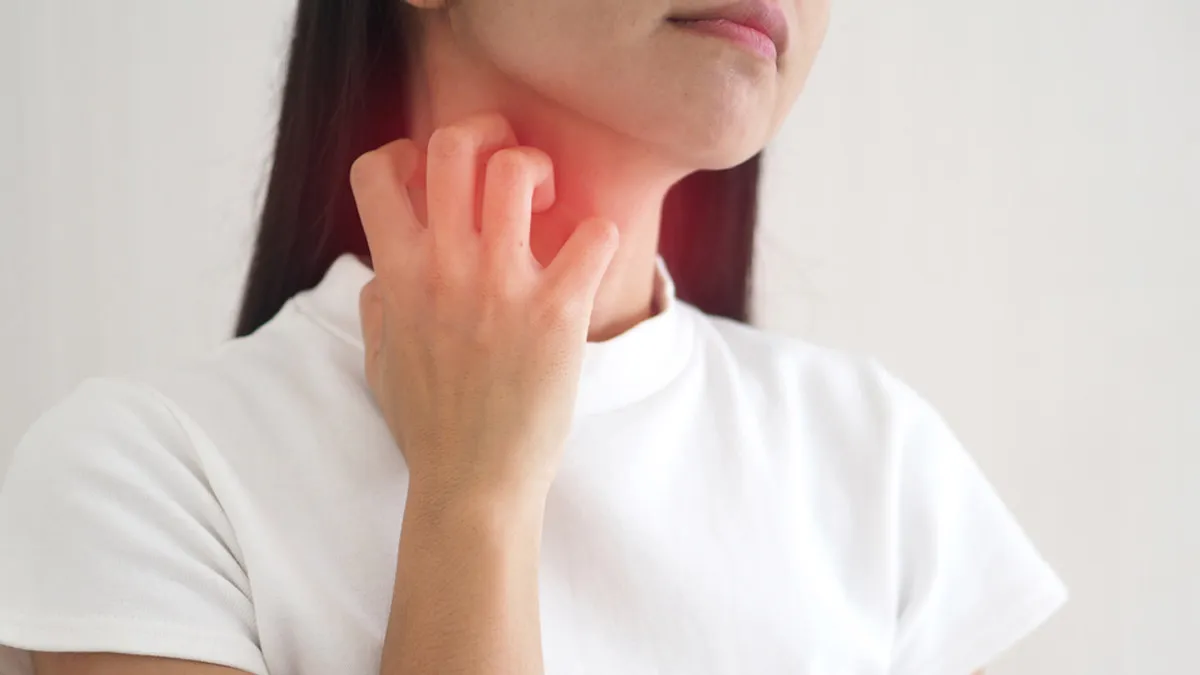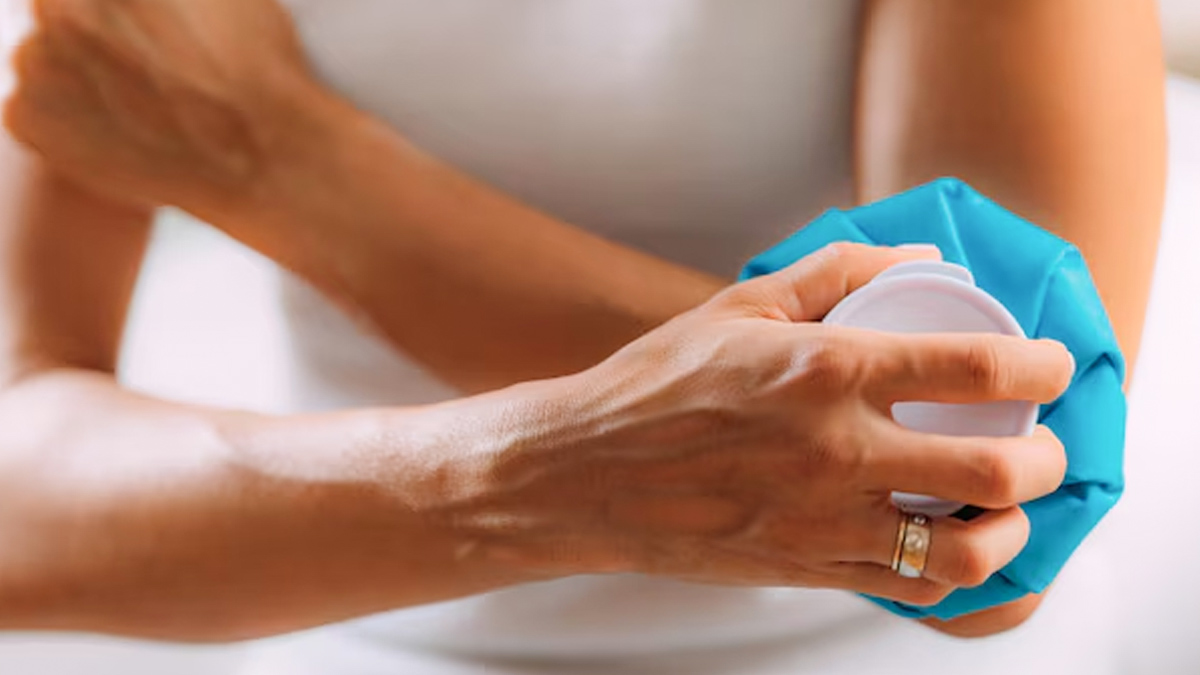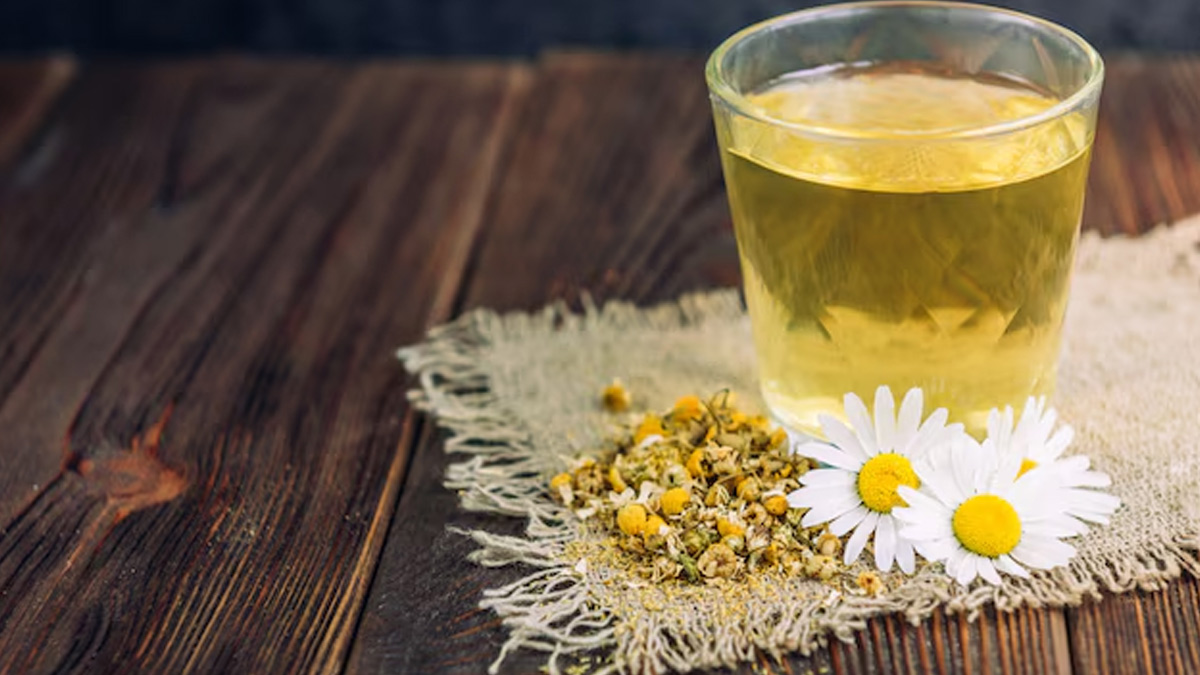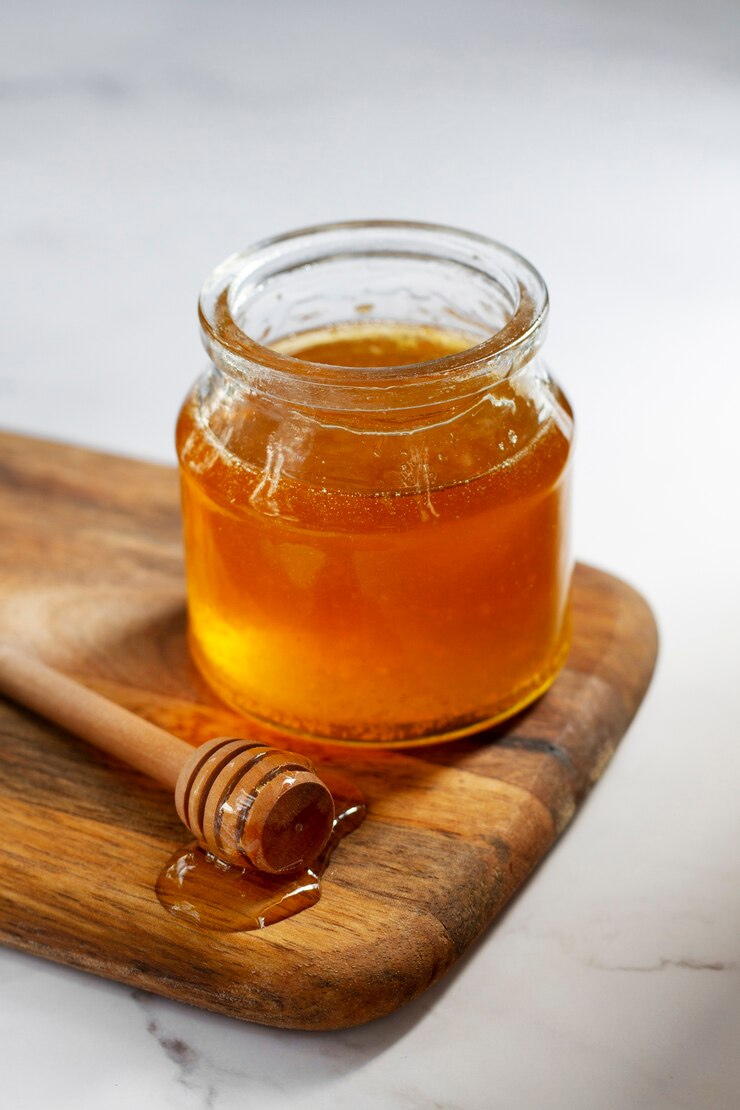
Have you ever experienced an outbreak of itchy, red welts appearing out of nowhere? Hives, also known as urticaria, can be incredibly annoying, making even the simplest tasks uncomfortable. The incessant itching and burning can drive anyone crazy, having you on the lookout for instant relief. The good news is that you don’t always need medication to soothe the discomfort. There are plenty of simple, natural remedies that can help calm the itching and reduce inflammation, allowing you to feel better without stepping out of your home.
Table of Content:-
Home Remedies to Stop Hives from Itching
1. Cold Compress

One of the most effective remedies for controlling itching due to hives is by applying a cold compress. The cold temperature can cause blood vessels to constrict, which numbs the skin and decreases inflammation. Simply wrap a couple of ice cubes in a cloth or apply a cold pack and place them on the affected skin areas for 10-15 minutes.
2. Aloe Vera Gel
When we talk about home remedies, aloe vera frequently makes it to the list. Using aloe vera gel on hives can decrease inflammation, calm irritation, and give a cooling sensation that relieves itching. Apply the gel and leave it on for approximately 20 minutes before washing it off with cold water.
Also Read: Skin and Stress: Connection Between Stress and Skin Reactions
3. Oatmeal Bath

Oatmeal is another remedy that can provide relief from hives due to its anti-inflammatory and soothing properties. Take one cup of finely ground colloidal oatmeal to a lukewarm bath and soak for 15–20 minutes. This process can soothe irritated skin and reduce itching. If a full bath isn’t an option, you can make a paste by mixing oatmeal with a little water and applying it directly to the hives.
4. Baking Soda Paste
Baking soda has natural anti-inflammatory properties that are effective in reducing itching skin. Combine one part baking soda with three parts water to make a paste. Put the paste on the hives and let it sit for approximately 10 minutes before washing it off.
5. Apple Cider Vinegar
Apple cider vinegar has antihistamine and anti-inflammatory properties that can help relieve itching. Mix equal parts of water and apple cider vinegar and apply to the area using a cotton ball. If your skin is sensitive, test on a small area before applying it to the affected spot. Alternatively, adding one cup of apple cider vinegar to a warm bath will give you full-body relief.
Also Read: Rashes On Skin: Is It A Sign of Blood Allergy? Read To Know
6. Chamomile or Green Tea

Chamomile and green tea have anti-inflammatory and antihistamine effects that reduce the severity of hives. Steep a cup of chamomile or green tea, let it cool, and apply the liquid directly to the skin using a cotton ball. Consuming these teas will also soothe the body's inflammatory response.
7. Coconut Oil
Coconut oil is a natural moisturiser with anti-inflammatory characteristics that can help in calming itching skin. Place a thin layer of virgin coconut oil on the itchy skin and leave it for several hours. It not only calms itching but also hydrates the skin and shields it from further irritation.
8. Honey

Honey is a natural antibacterial and anti-inflammatory that can alleviate hives. Simply put raw honey on the areas of the skin that are affected and allow it to remain there for around 15 minutes before washing it off. Daily one spoonful of honey might also alleviate the body's reaction to allergens.
9. Turmeric
Turmeric is a powerful anti-inflammatory and antioxidant that can help with skin conditions like hives. Making a paste with turmeric powder mixed with water or coconut oil and applying it to the site of the issue can be a relief. Consuming warm turmeric milk or adding turmeric into your meals can also assist in alleviating inflammation from the inside out.
According to the American Academy of Dermatology Association (AAD), if hives persist for six weeks or more, it’s important to consult a medical professional. While most of the time, hives resolve within a few weeks, some can last longer. Your dermatologist will investigate the potential triggers for the hives. Even if no specific cause is identified, your dermatologist can help prevent further outbreaks.
[Disclaimer: This article contains information for informational purposes only. Hence, we advise you to consult your professional if you are dealing with any health issue to avoid complications.]
Also watch this video
How we keep this article up to date:
We work with experts and keep a close eye on the latest in health and wellness. Whenever there is a new research or helpful information, we update our articles with accurate and useful advice.
Current Version
